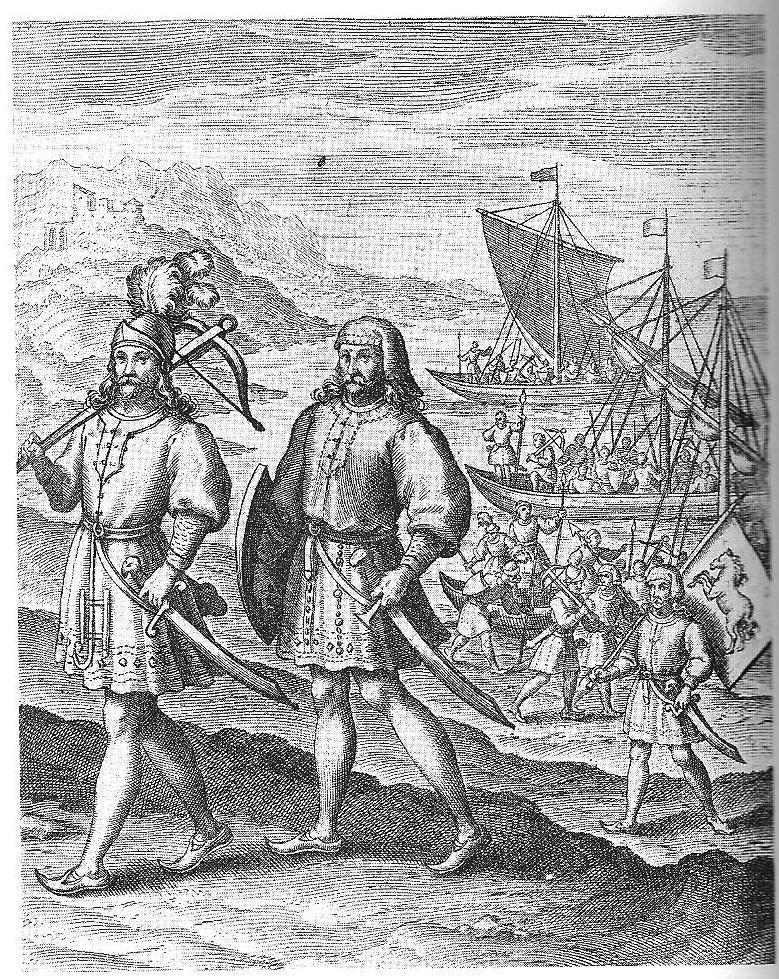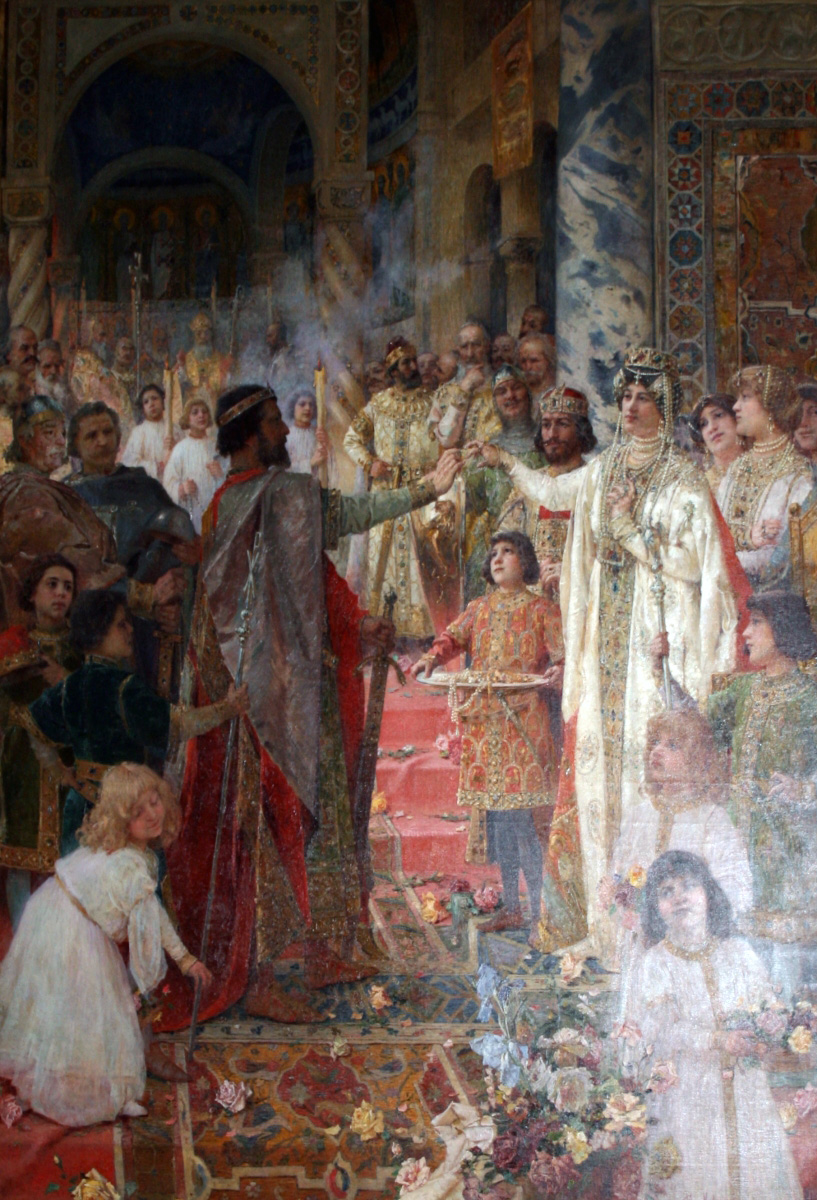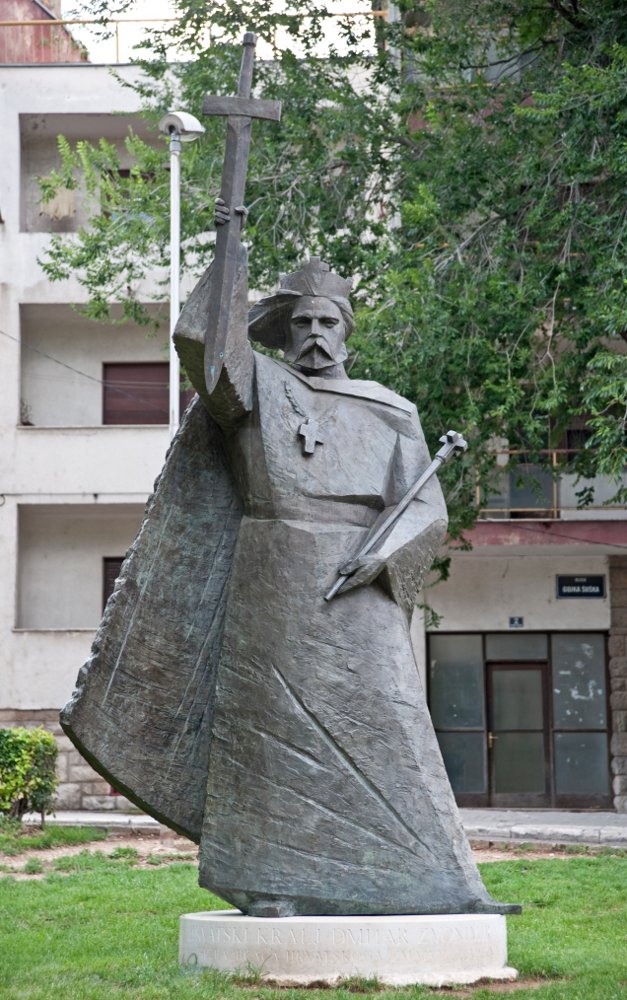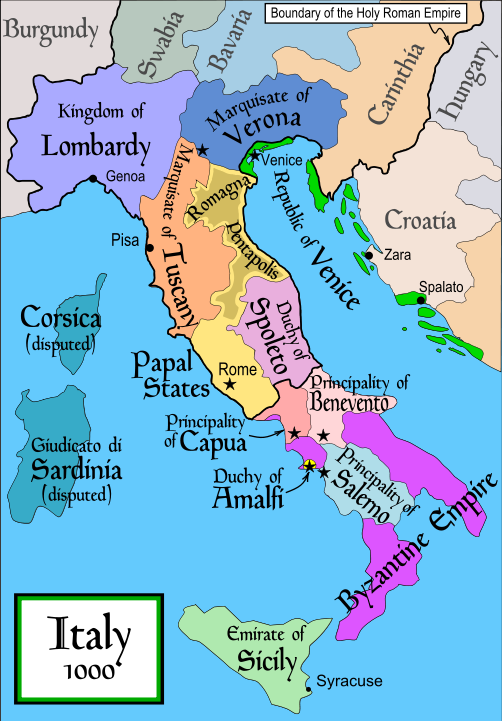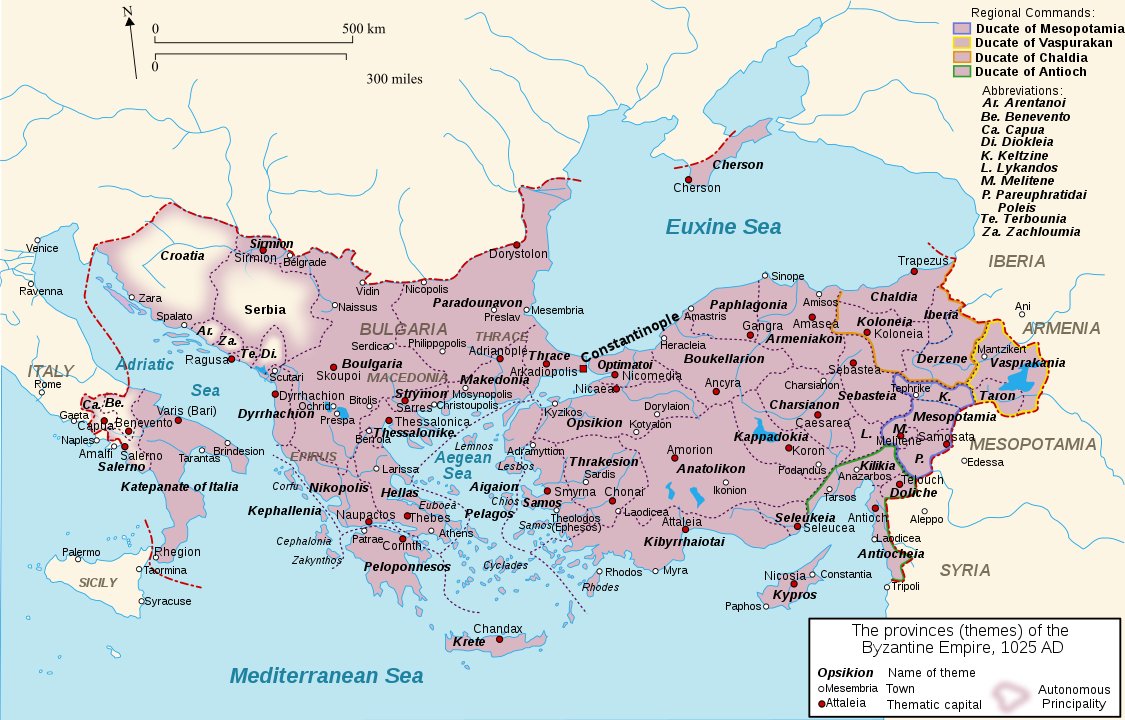
Son a King and father of another. Refusing the throne and restoring a former dynasty, remaining more powerful than the King and creating a dynasty that will rule his nation for 800 years and many others in Europe and America.
Story in the evening ...
Story in the evening ...
https://twitter.com/Arby_K/status/1338672674579476482
Hugues was born in 898 to Count Robert of Paris and Beatrix de Vermandois. His father was elected King of West Francia in 922, when the nobles rebelled against Carolingian King Charles III. But it was not a complete rebellion with Rollo of Normandy supporting King Charles. 1/10 

The two forces met at Soissons in 923, ending in victory for Robert's forces and capture of King Charles. But Robert also died in battle. Hugues would decline to succeed his father as King and the crown would go to his brother-in-law, Rodolphe, instead. 2/10 

Hugues was the most powerful Duke in West Francia during Rodolphe's rule. After Rodolphe's heirless death in 936, Hugues again declined the throne. Instead he brought back from exile the son of King Charles III, Louis, to restore Carolingian rule in West Francia. 3/10 

Louis was also the nephew of Eadhild, wife of Hugues. Eadhild's death in 937 and the remarriage of Hugues to Hedwig, sister of King Otto of East Francia, may have broken the ties between uncle and nephew, for pretty soon they were at war. 4/10 

Louis would spend most of his reign trying to regain control of West Francia, bringing him into conflict with Hugues, Normandy and Vermandois. After his death in 954, he would be succeeded by his 15 year old son, Lothaire, with Hugues as Regent. 5/10 

With the death of Hugues in 956, Lothaire would get a new regent, but would still struggle to escape the influence of Hugues. The latter's elder son, also named Hugues, would be named Duke of the Franks, while the younger Otton, was named Duke of Burgundy. 6/10 

By 974, the younger Hugues "Capet" had become the power behind the West Frankish throne. leading the army retaking Lorraine in 978. After Lothaire's death in 986 and his son, Louis, in 987, Hugues would be elected as the King, bringing Carolingian rule to a close. 7/10 

After the capture of Lothaire's brother, Charles, in 991, Hugues had his permanent hold on the crown. However as King, he was dependant on the nobles like his predecessors. By the time he died in 996, he had ensured the succession of his son, Robert. 8/10 

The House of Capet would produce all the Kings (Not Emperors) of France till Louis Philippe had to make way for the French Second Republic in 1848. Currently both Spain and Luxembourg have monarchs from the House of Capet. 9/10 



Agnatic descendants of Hugues would rule as Kings in Portugal, Hungary, Poland and parts of Italy and Albania. They would also rule as Emperors in Constantinople from 1216 to 1261 and in Brazil from 1822 to 1889. 10/10 

• • •
Missing some Tweet in this thread? You can try to
force a refresh


